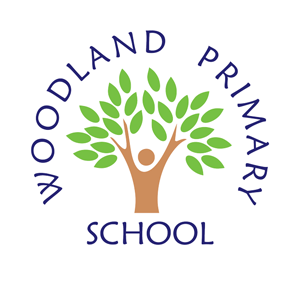Subject area: History
Curriculum Intent Statement for History
At Woodland Primary we believe History provides a rich knowledge of the world that is valuable to everyone, whatever their final employment or career might be. We believe therefore that it is essential that our children have access to a knowledge rich and engaging history curriculum. Our vision is to help pupils gain a coherent knowledge and understanding of Britain’s past and that of the wider world. Our teachers aim to inspire pupils’ curiosity to know more about the past and equip pupils to ask perceptive questions, think critically, weigh evidence, sift arguments, and develop perspective and judgement. We firmly believe that History helps pupils to understand the complexity of people’s lives, the process of change, the diversity of societies and relationships between different groups, as well as their own identity and the challenges of their time. We aim to give children the chance to experience History by receiving high quality curriculum enrichment experiences both in and outside of school. We want to inspire our children to become the Historians of the future!
Our Aims for History
To ensure that all pupils:
- gain a coherent knowledge and understanding of Britain’s past and that of the wider world.
- inspire pupils’ curiosity to know more about the past.
- equip them to ask perceptive questions, think critically, weigh evidence, sift arguments, and develop perspective and judgement.
- understand the complexity of people’s lives, the process of change, the diversity of societies and relationships between different groups, as well as their own identity and the challenges of their time.
Download further information below:

Overall Effectiveness: The school was rated ‘Good’ in all categories, including quality of education, behaviour and attitudes, personal development, leadership and management, and early years provision.

Support for SEND: Pupils with special educational needs and/or disabilities (SEND) are quickly identified and well-supported, achieving good outcomes as a result.

Positive Environment: The school’s environment fosters respect and support among pupils and staff. Pupils are encouraged to develop good manners and social skills, contributing to a positive school culture.

Behaviour and Attitudes: Pupils exhibit respectful relationships with adults and move around the school sensibly. They are confident in seeking help from staff if needed, and bullying is rare. Pupils listen attentively to teachers and engage in class discussions.

Quality of Education: Pupils receive strong support in learning to read quickly and achieving well. The curriculum is well-planned and effective, particularly in the early years and mathematics. Teachers and teaching assistants are well-trained and provide clear explanations and encouragement.

Safeguarding: The school has effective safeguarding measures in place. Staff are well-informed and confident in identifying and addressing potential risks to pupils. Pupils are knowledgeable about staying safe, particularly online.

Personal Development: Pupils are encouraged to be independent from an early age and take care in presenting their work. They enjoy participating in various clubs and activities, including sporting competitions and educational visits.

Leadership and Ambition: School leaders are noted for their ambition and effective work in improving the school. Their efforts have resulted in a good quality of education for the pupils.

